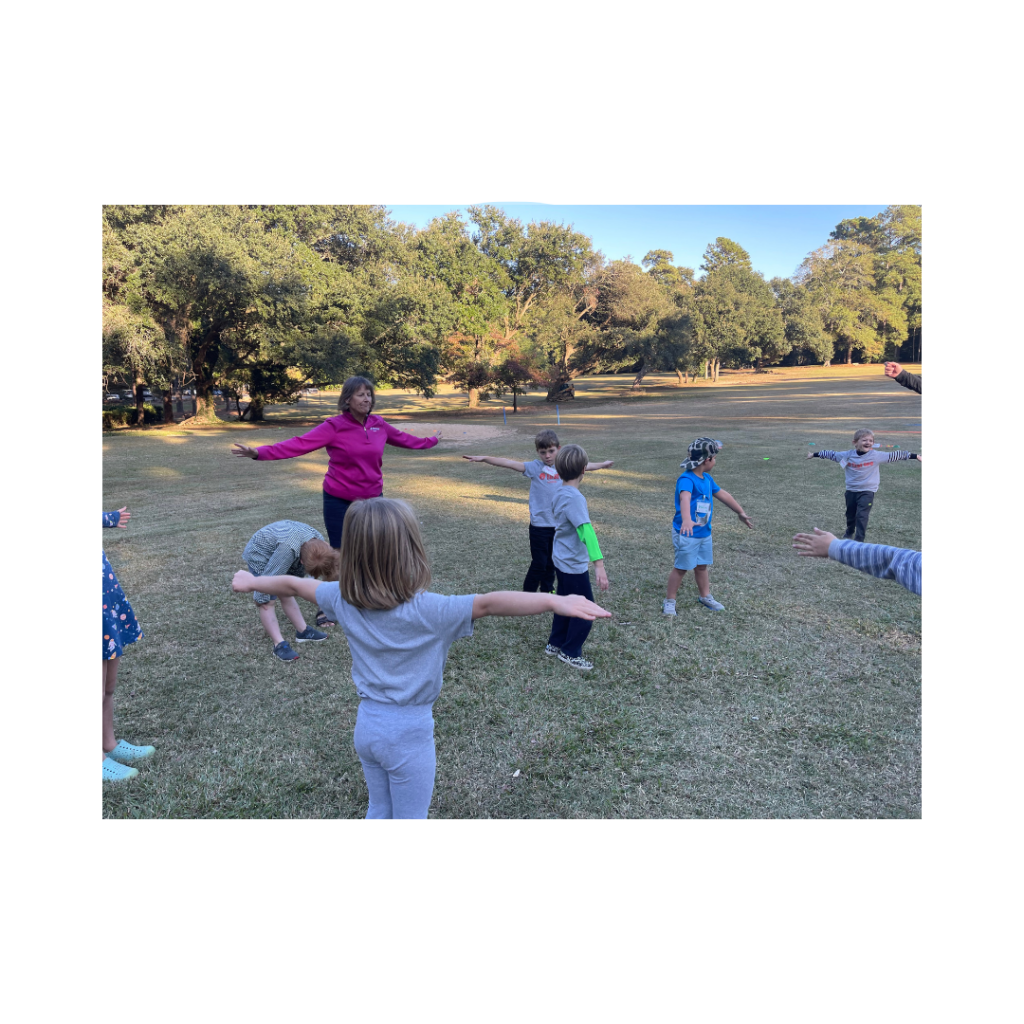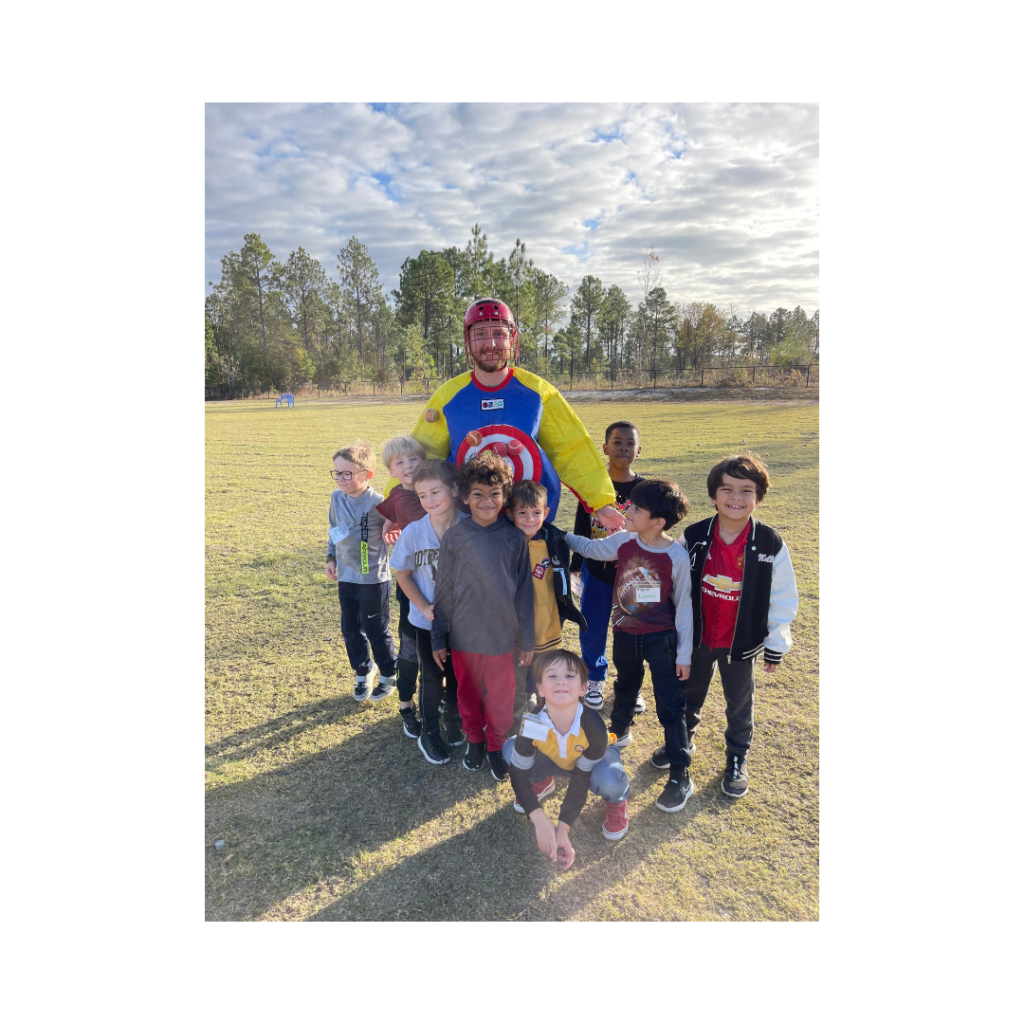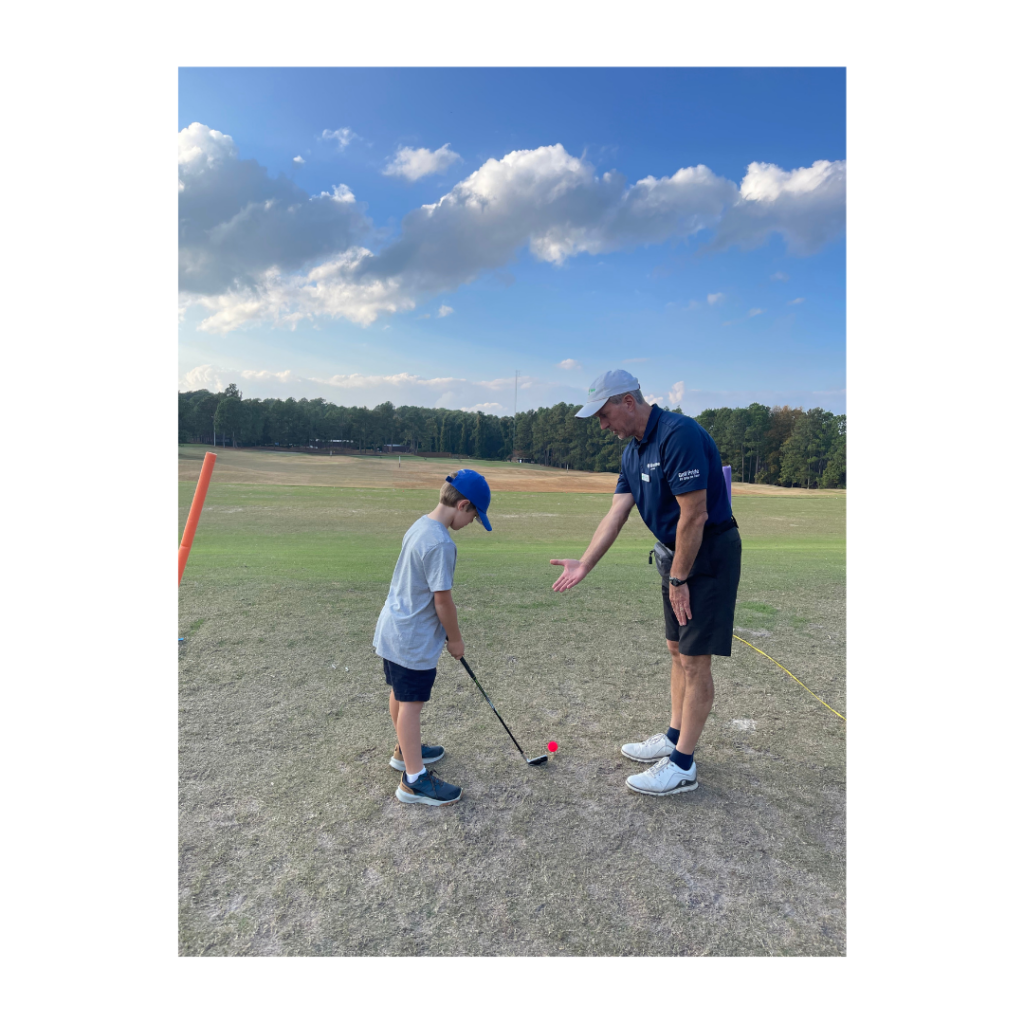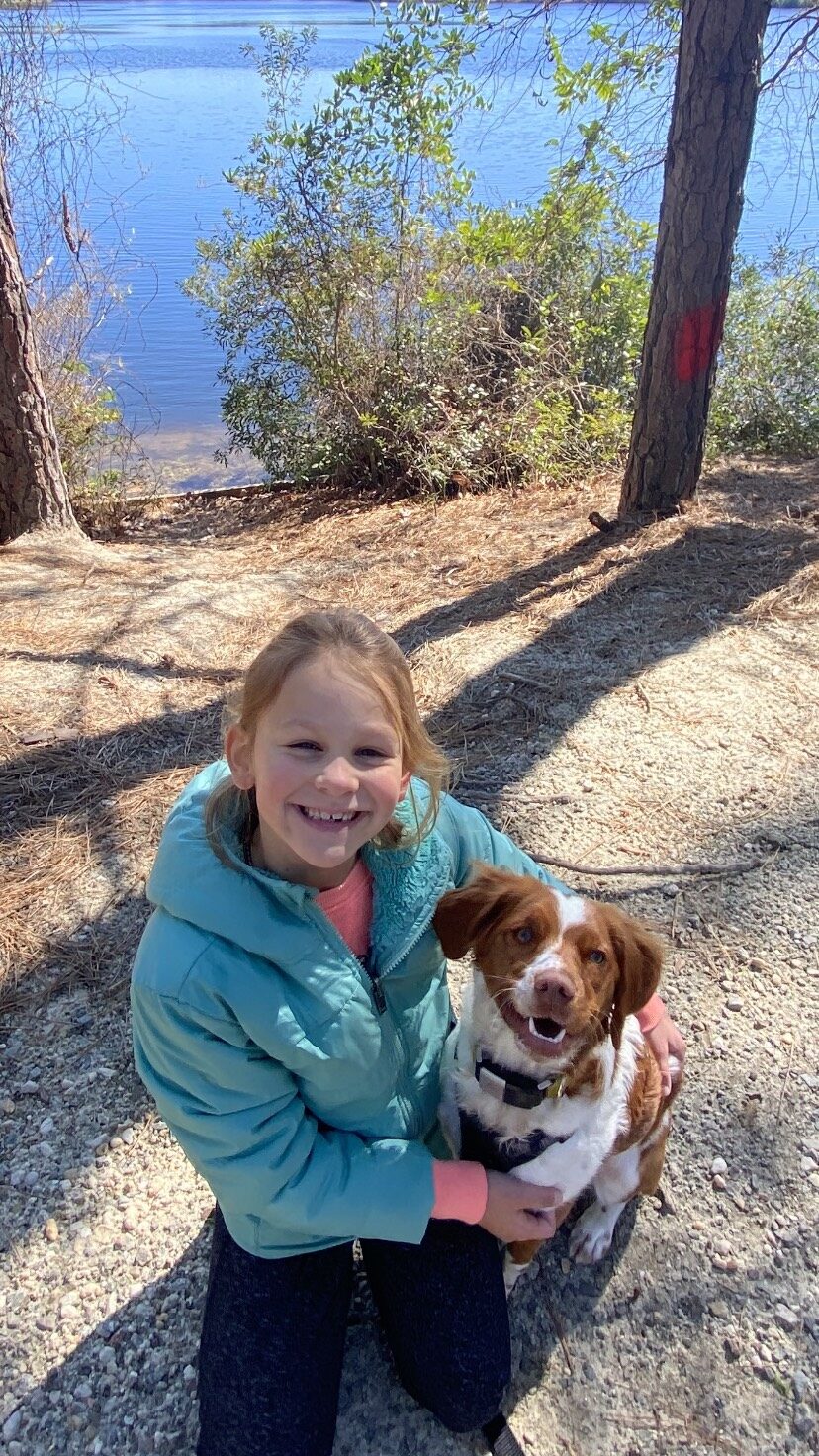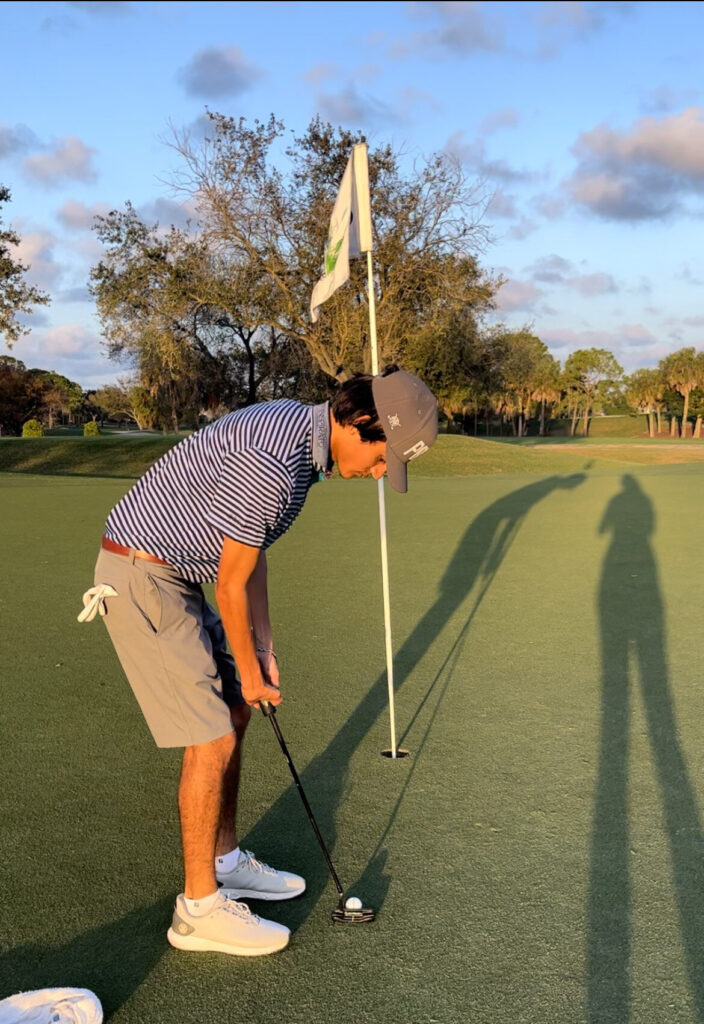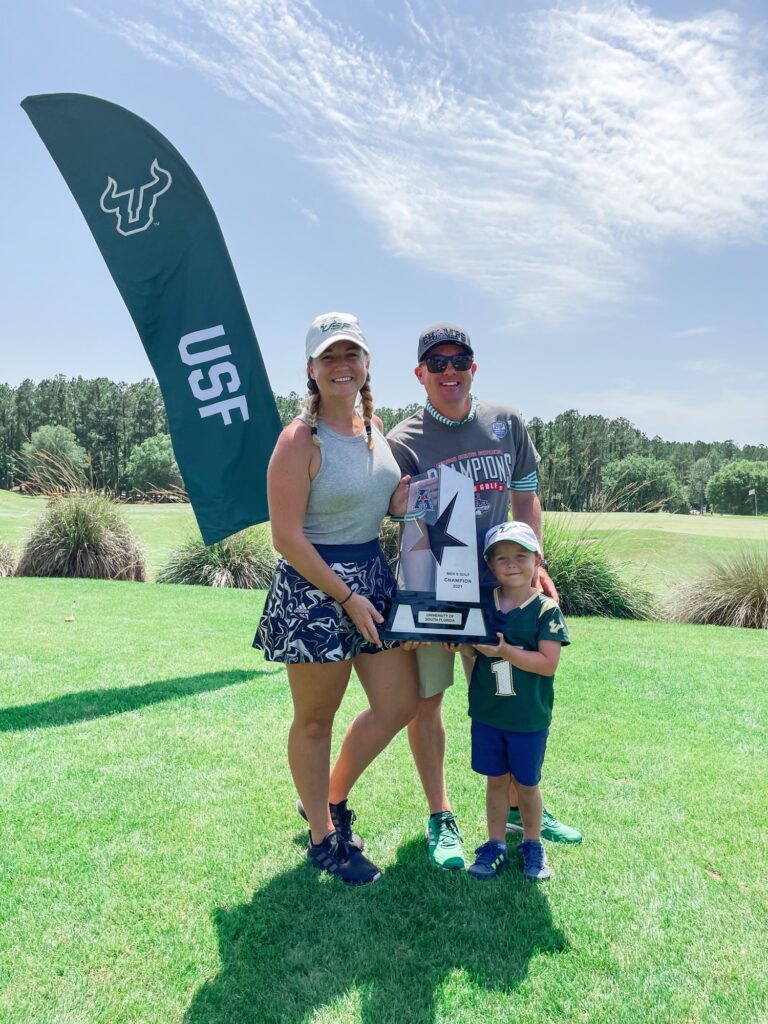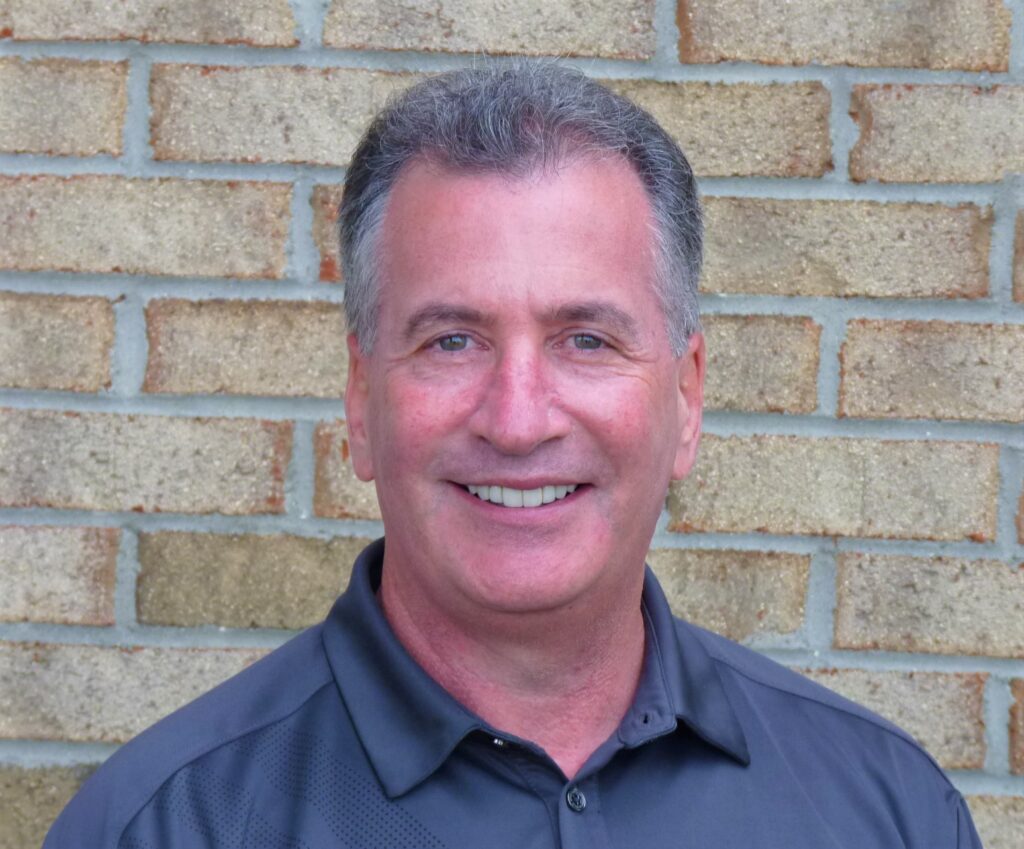Felipe Obando may now be studying at the Keiser University College of Golf. But it wasn’t always a given that the sport would play an important part in his life.
Obando has long been a passionate artist, and in fifth grade, he won an art contest that not only awarded him tickets to The Honda Classic – and meet and greets with PGA TOUR players like Russel Henley – but also a lifetime membership to First Tee – Florida Gold Coast.
It was the first time Obando was exposed to golf, and First Tee introduced him to the coaches who could become important mentors, he said.
“I could go on all day long about the insane and incredible opportunities that have been given to me by the First Tee,” he said. But one thing stands out from his time in the organization: the values it instilled.
“Responsibly, honesty, integrity … were all words we learned as kids going to the First Tee which helped pave the way for the rest of my life,” he said.
During his time as a First Tee participant, Obando attended national events like the Leadership Series in partnership with PGA TOUR Superstore, he played at storied courses, including The Breakers and The Bears Club, and he volunteered to help younger kids learn the game.
Obando was so passionate about the sport that he teamed up with seven other First Tee participants to create the First Tee – Palm Beaches Teen Golf Association, which has evolved into a thriving organization.
Obando has had to overcome challenges to get where he is today. He was born with a malformed right hand and has developed a golf swing that compliments his disability.
“Grabbing a cup, throwing a ball, flipping a coin. Those were all things I could do with my normal left hand. But what about a sport that involves your two hands gripping something? Golf was probably the most challenging sport I ever had to learn, and it took me lots of time and practice to be able to get good contact,” he said.
“I would say the most important thing throughout this process was never giving up, even if it meant putting myself in uncomfortable situations. I always (and still do) finished holes even if I wasn’t playing my best and wanted to pick up,” he explained. “Overcoming challenges for me was difficult, and it still is to this day, but not giving up and going the extra mile pays off in the end.”
Obando always knew he wanted to attend college, and now his goal has become a reality. He received a four-year scholarship to attend Keiser University College of Golf where’s he’s studying golf management.
“When it comes to post graduation, all I know is that I want to be involved in the best industry there is, the golf industry, whether it’s a head pro at a club, a coach, working for a company and many more of the thousands of careers there are in the golf world,” he said.
He recently received his WR4GD pass, which makes him eligible to compete in tournaments like the USGA’s second U.S. Adaptive Open at Pinehurst this summer. Obando said he’s excited for what the future holds.
“I have been practicing hard, focusing on my classes, focusing on my game and staying healthy,” he said.
